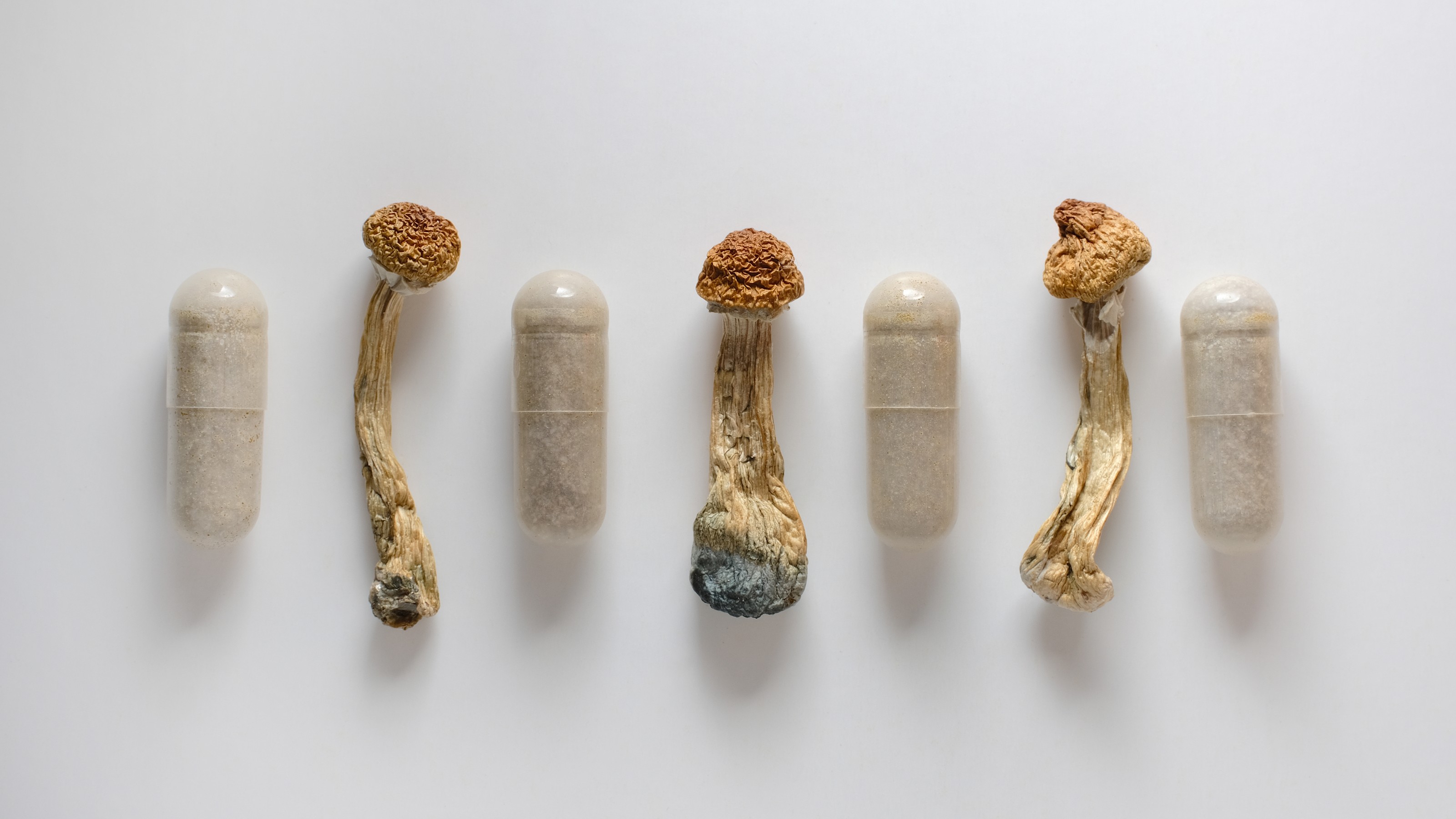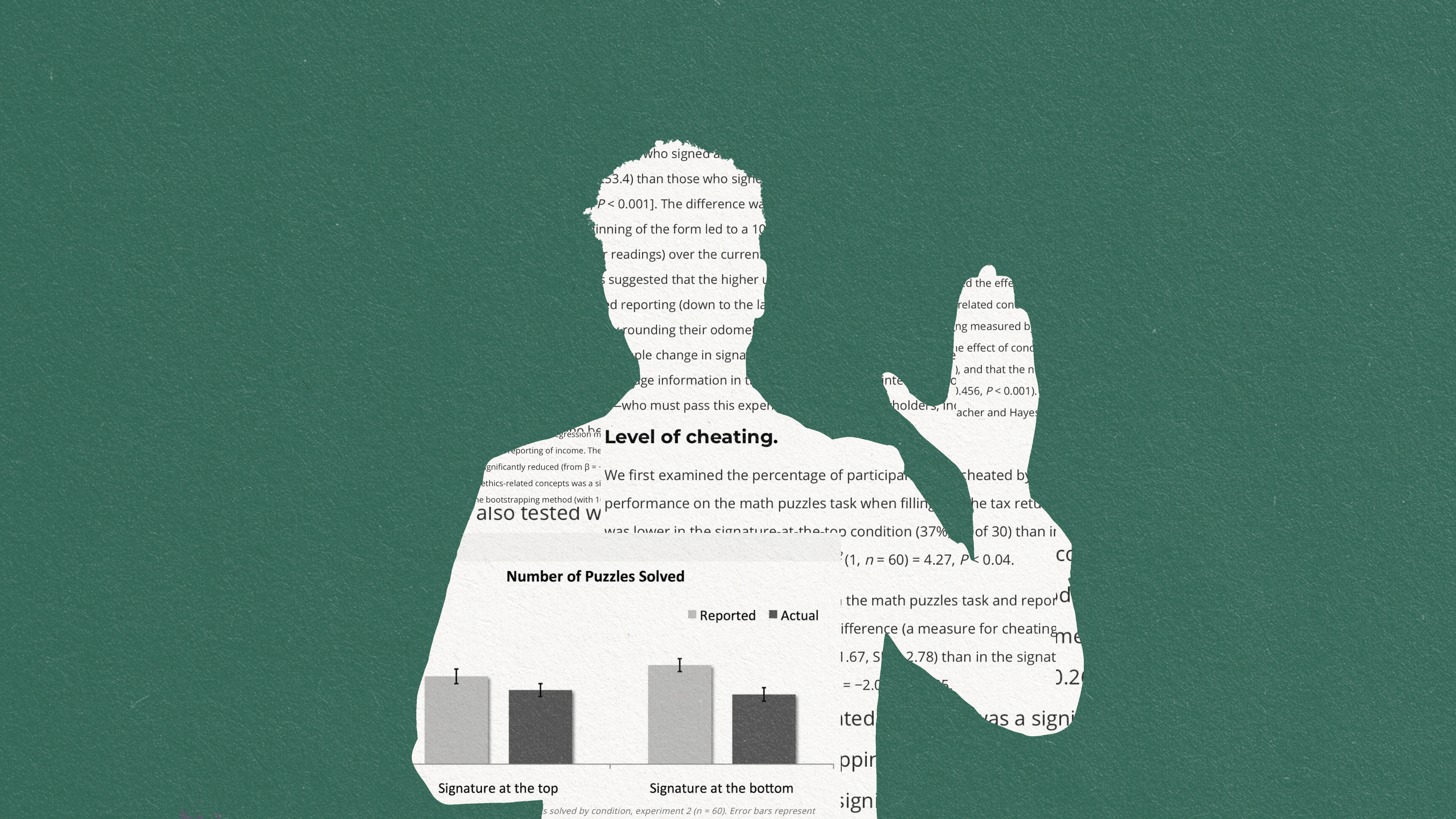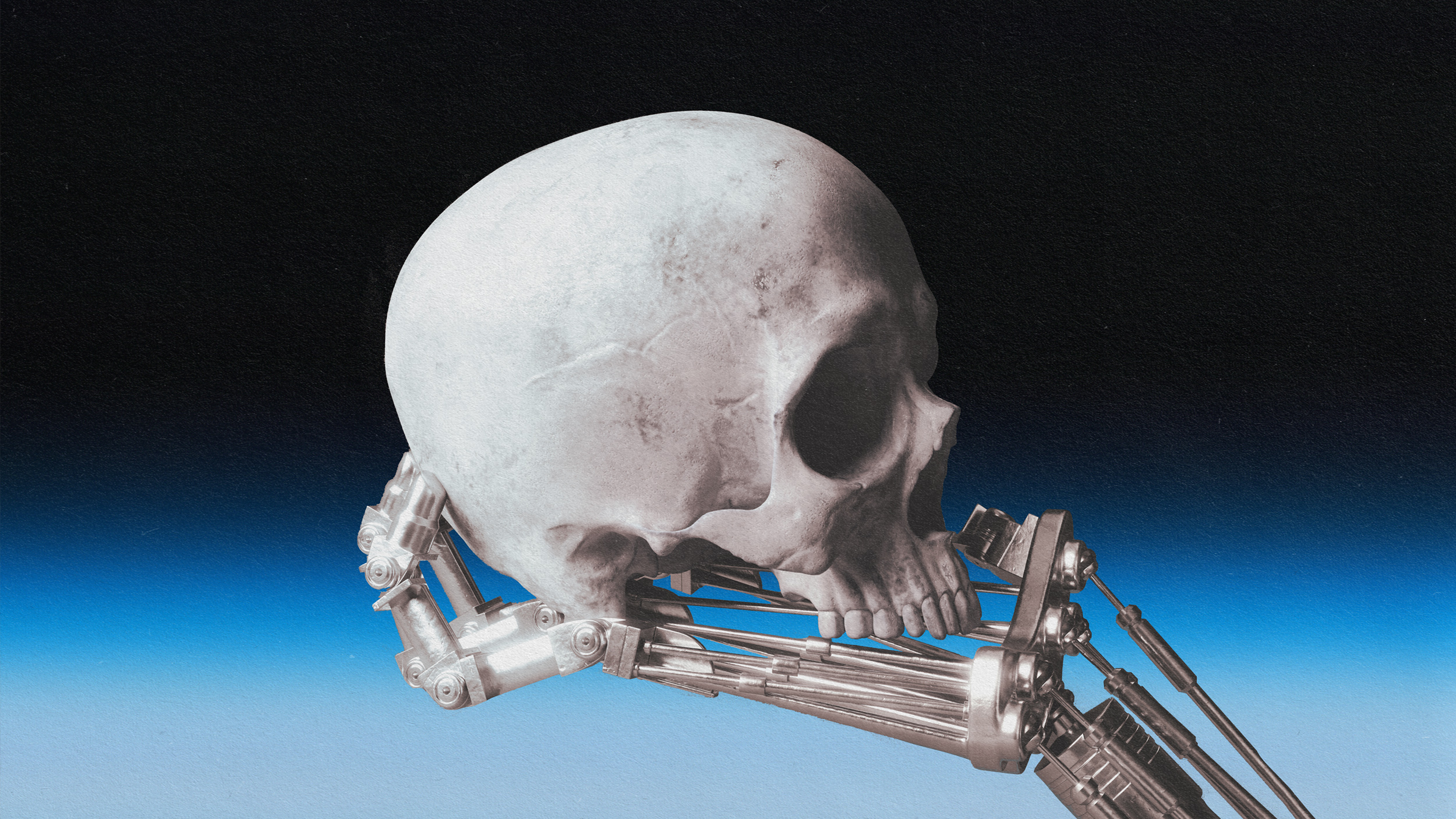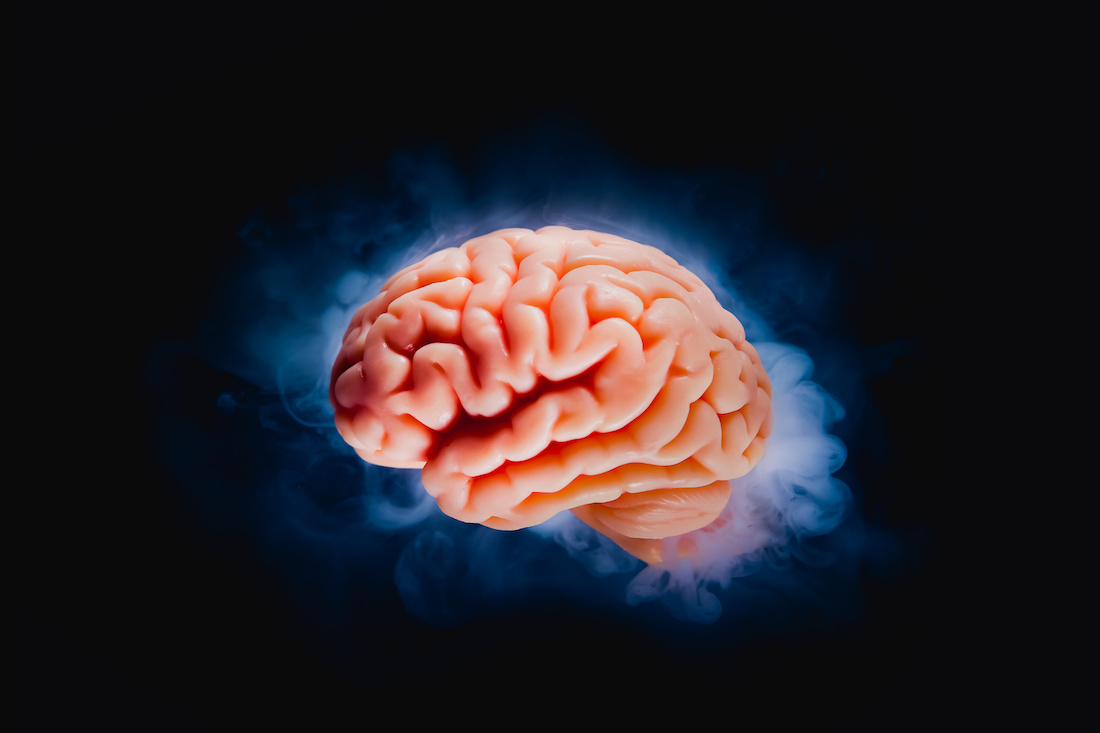Stephen Johnson
Managing Editor, Big Think
Stephen Johnson is the Managing Editor of Big Think. Formerly a long-time contributor to Big Think, he is a St. Louis-based writer and editor whose work has been featured in U.S. News & World Report, PBS Digital Studios, Eleven Magazine, and The Missourian.

Arieh Smith, a New York City-based polyglot who runs the YouTube channel Xiaomanyc, talks language-learning with Big Think.
Katie Kermode — a memory athlete with four world records — tells Big Think about her unique spin on an ancient technique to memorize unfathomably long lists of information.
The benefits of the psychedelic seem to last long after the trip wears off.
“When Harry Met Sally” lied to you.
Jung thought these autonomous entities live in your unconscious mind — often at a cost.
Anger and silence are the two worst reactions.
Big Think covered the 2012 study shortly after it was published. We are now correcting the record.
Why does the DMT experience feel so familiar to some people — even those who are trying the psychedelic for the first time?
AI was the most divisive topic in a recent predictions tournament.
Modern memory athletes use this ancient technique to memorize thousands of digits of pi.
A 2020 study revived a longstanding controversy over Christopher Columbus’ claims of marauding cannibals in the Caribbean.
Remember Stephen Hawking’s robotic voice? It wasn’t a robot.
The cost of seeing yourself as a thief is pretty steep, the results of a 2019 study suggest.
Of the world’s 300 honey varieties, none is stranger and more dangerous than mad honey.
He couldn’t identify the numbers 2 through 9. But strangely, he could still see ones and zeros.
Cement production currently accounts for 8% of global carbon emissions.
Flies are in no way smart, but they experience time in an almost Matrix-like fashion.
Pain makes sense from an evolutionary perspective. What’s puzzling is why so many of us choose to seek out painful experiences.
The American author said he attempted to bring scientific thinking to literary criticism, but received “very little gratitude for this.”
Technologically, the answer is definitely no. But that doesn’t mean CGI is always used to good effect.
“A cheap loan is beyond all new destiny.” Does that mean anything to you?
A small percentage of people who consume psychedelics experience strange lingering effects, sometimes years after they took the drug.
A computer that could decidedly pass Alan Turing’s test would represent a major step toward artificial general intelligence.
Choking under pressure seems to have deep evolutionary roots.
Ingesting tiny doses of hallucinogens might not have the outsized benefits that some people claim it does.
A new analysis of an ancient hominin fossil sheds light on the “Out of Africa” dispersal events that occurred more than one million years ago.
Iceland consistently ranks as the most gender-equal nation. It is also the nation where men and women are most likely to pursue sex-typical jobs.
Neuroscience research suggests it might be time to rethink our ideas about when exactly a child becomes an adult.
Some U.S. intelligence operatives have suggested foreign adversaries may be using “directed-energy” weapons against Americans.





























